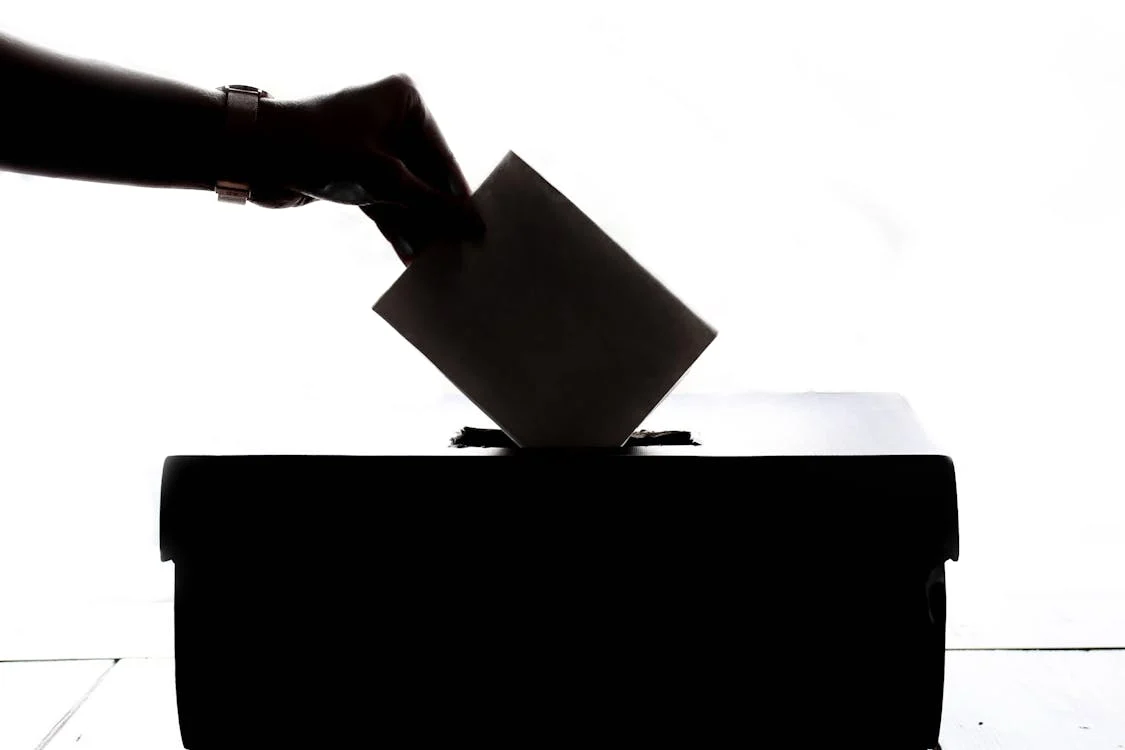Prime Minister Mark Carney has announced that Canada will hold a federal election on April 28, 2025. The election follows Carney’s request to Governor-General Mary Simon to dissolve Parliament, starting a five-week campaign.
Carney stressed the importance of this election, saying Canada needs a strong response to global challenges. He highlighted the country’s current struggles, noting that Canada’s economy must be protected from external pressures.
“We are facing the most significant crisis of our lifetimes,” Carney said. “Our response must be to build a strong economy and a more secure Canada.”
He also called for national unity during these difficult times. “We have to look out for ourselves and look out for each other,” he said, framing the election as an opportunity for Canadians to come together.
In an effort to appeal to middle-class voters, Carney introduced a new policy that includes a tax cut for two-income families. The plan reduces the marginal tax rate on the lowest income bracket by one percentage point, which could save eligible families up to $825 annually.
Carney will run for re-election in the Ottawa riding of Nepean. However, it remains unclear if his tax cut is a temporary measure or part of a long-term economic strategy, especially since it reverses a tax increase his government had previously implemented.
Opposition leaders quickly responded to Carney’s announcement. Conservative leader Pierre Poilievre criticized the Liberal government’s handling of the economy over the past decade. He argued that Canadians could not afford another Liberal term, pointing to rising housing costs, inflation, and an over-reliance on foreign trade.
“The last Liberal decade has driven up the cost of living and made Canadians more reliant on external forces,” Poilievre said. He framed the election as an opportunity to rebuild Canada’s economy, making it more affordable for families.
While Carney’s decision to call the election may seem like a bold move, political analysts note that there has been significant pressure from opposition parties and the public for an early election. The government has faced criticism for not having a fully active parliament, especially with a resigned prime minister and now an unelected one in power during uncertain times.
Media outlets and Carney’s supporters have tried to present him as a leader capable of handling economic challenges. However, many Canadians remain skeptical. Despite the media’s portrayal of Carney as a solution, many people question why he is being presented as a hero for implementing tax cuts that simply reverse decisions made by his own government.
Critics argue that the Liberals have done little more than maintain the status quo and their economic policies have not solved the pressing issues facing Canadians, such as inflation, housing, and job security.
The race is expected to be competitive. With just five weeks until election day, recent polls show a narrowing gap between the Liberals and Conservatives, making the election a tight contest. Voter turnout has been a concern in past elections, but analysts predict that the stakes of this election will encourage more Canadians to vote.
The NDP and Bloc Quebecois are also expected to play significant roles, with the NDP fighting to remain relevant and the Bloc Quebecois seeking to hold onto its support in Quebec.
As Canadians prepare to vote, it’s clear that the outcome will have lasting effects on the country. With major economic challenges ahead, every vote will matter in shaping the future of Canada. Whether Canadians choose to stay with the current Liberal leadership or opt for change with the Conservatives, the decision will impact the nation for years to come.

